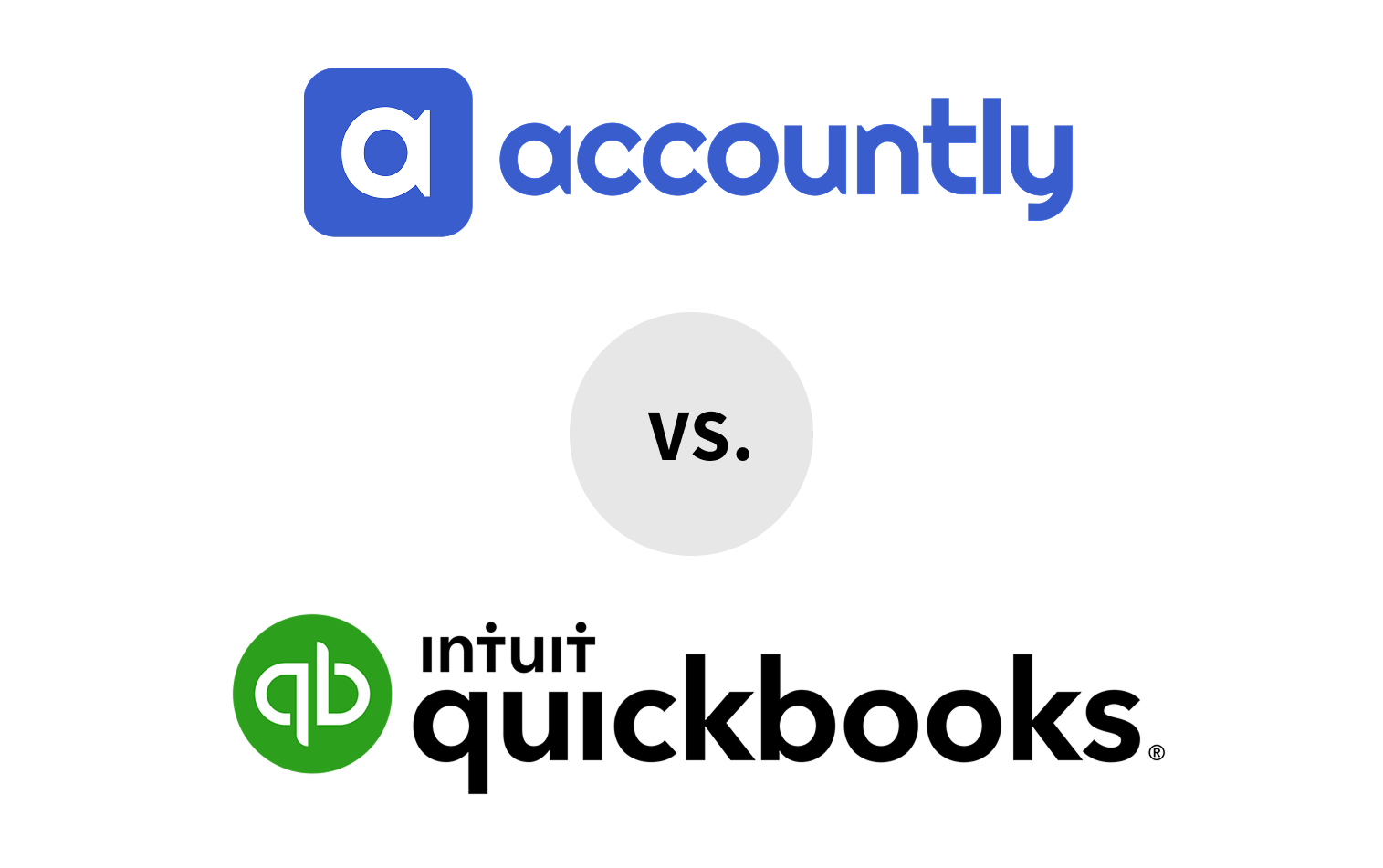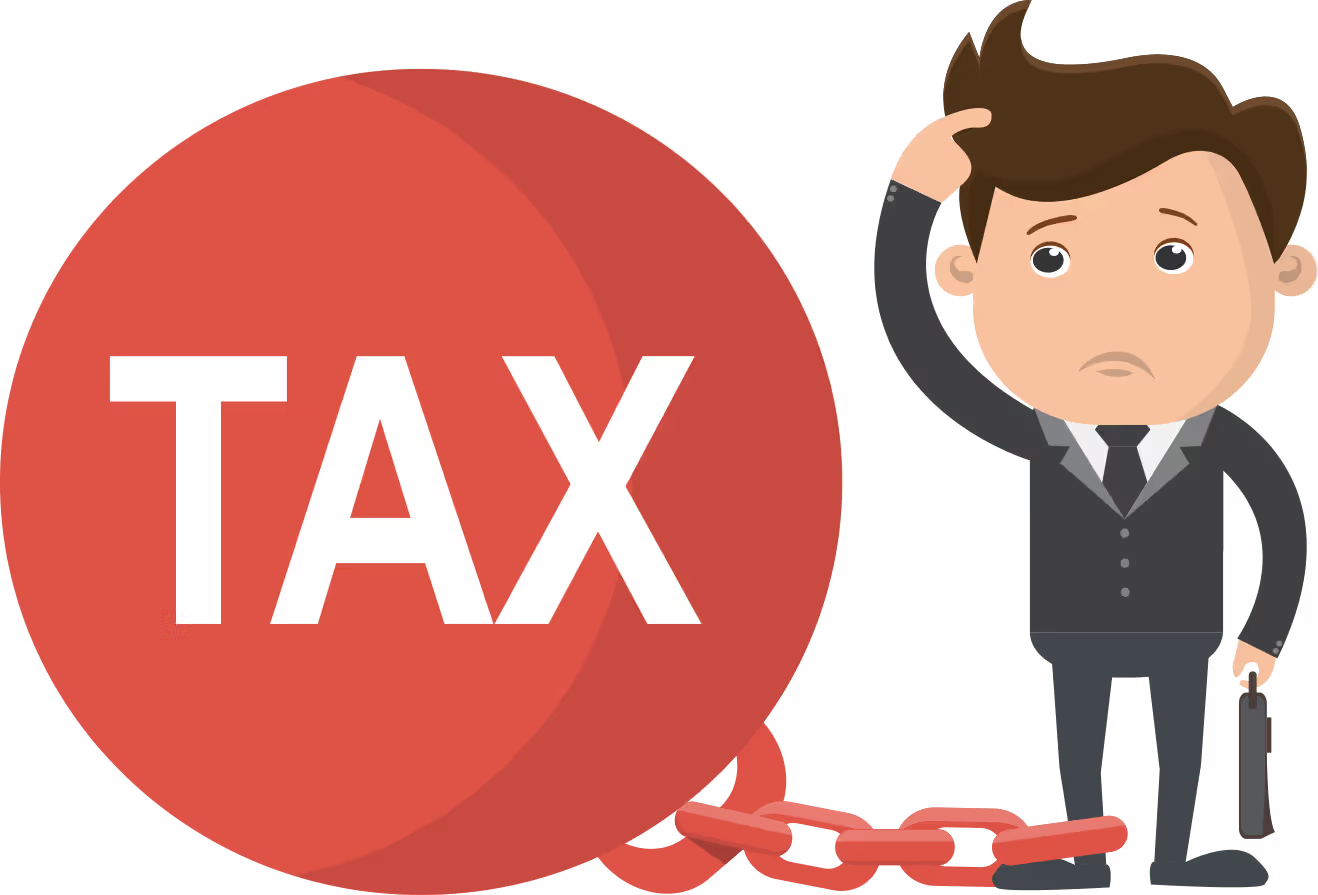Real estate is exciting but let’s be real. The last few years have been incredibly challenging. Market volatility, rising interest rates, and economic uncertainty have tested even seasoned agents. If you’re considering starting your real estate career now, you might feel understandably cautious.
We’re here to help you navigate this career realistically, ensuring you’re well-prepared for both its challenges and rewards. Let’s dive into what becoming a real estate agent truly involves in today’s environment.
📚 The Boring Part: Licensing
Each Canadian province regulates licensing differently, but here’s your typical roadmap:
Eligibility Check: Age 18–19+, high school diploma, clean criminal record.
Education Programs: Province-specific courses covering real estate law, ethics, and contracts (think Humber College in Ontario or UBC Sauder in B.C.).
Licensing Exams: Pass provincial exams (usually 70–75% in each course to succeed). There’s a total of at least 5 main courses & 2 electives.
Choose a Brokerage: Mandatory sponsorship—prioritize mentorship and training over low fees.
Apply and Register: Background checks, insurance (errors, omissions, and Consumer deposit insurance), licensing application paperwork.
Join the Real Estate Board (optional but recommended): Provides REALTOR® designation and essential MLS access.
How long does this take? Usually 3–12 months.
💸 The Expensive Part: Costs
Brace yourself—starting isn’t cheap. Plan for about $8,000 upfront, including:
- Courses & Exams: ~$4,700 (generally tax-deductible!)
- Licensing Fees: Several hundred dollars initially.
- Insurance: Around $500/year.
- Board & Association Fees: Approx. $2,000/year - includes mandatory health insurance.
- Brokerage Fees: Variable based on provided resources and training.
- Additional Expenses: Marketing materials, business cards, signage, tech, and transportation.
Tip: Save your receipts meticulously—most of these costs are tax-deductible once you start earning.
🌟 The Exciting Part: Choosing Your Brokerage
Your brokerage choice significantly impacts your career trajectory. Here’s how to nail your decision:
- Interview Several Brokerages: Ask about mentorship, training, and support specifically for new agents. This is important when learning new processes and IT systems.
- Understand Commission & Fees: Cheaper doesn’t always mean better—low fees can indicate less support. Some brokerages charge a lot more because they operate as a franchise, while some brokerages operate independently.
- Evaluate Culture: Seek collaborative environments with strong support networks.
- Leads & Marketing Support: Explore brokerage-provided opportunities like floor time, open houses, and marketing strategies. Some brokerages provide marketing materials like social media posts, listing presentation templates and scripts. Take advantage of these as you not only market properties, you market yourself.
- Broker Accessibility: Confirm that brokers and managers are available and eager to guide new agents. Especially when you need timely support for things that you are uncertain of. Since as a Realtor you have an ethical obligation to legally perform your duties with moral integrity & competence, while serving your client’s best interests at all times.
💪 The Hard Part: Surviving Your First Year
Here’s the truth—year one in real estate is tough. Here’s how you survive (and thrive):
- Financial Realism: Earnings may initially be minimal. Have savings or another income stream handy.
- Network Continuously: Building genuine relationships is essential for sustained success.
- Embrace the Learning Curve: Practical experience rarely mirrors textbook scenarios.
- Budget for Taxes: Set aside 25–30% of your income immediately.
- Organize your receipts; Creating folders for different receipt categories will save you time for your accountant, when you send those out. It’s also a great way to keep track of your budgets for each expense type. This is how we can help at Accountly!
- Flexible (Sometimes Crazy) Hours: Real estate follows your clients’ schedules—expect evenings and weekends.
- Ongoing Training: Leverage mandatory and supplemental training to sharpen your skills. Working with a mentor, or hiring a coach will also save you months and years of headache.
- Celebrate Small Wins: Acknowledge every milestone, however small—it keeps motivation high.
🚀 How Can We Help?
Starting your real estate career is exciting but challenging—especially financially and administratively. At Accountly, we specialize in simplifying the financial side of your business, while saving you time and stress during tax season. Just take a photo of your receipts (expenses) and invoices (income) using our app and see how easy it is!
Disclaimer
The information provided in this guide is for general informational purposes only and is not intended as accounting, tax, business, or legal advice. Accountly does not provide professional services or act as your accountant, tax advisor, or lawyer. No client relationship is created by your use of this material. Always seek advice from qualified professionals who understand your particular circumstances before acting on any information contained herein.




